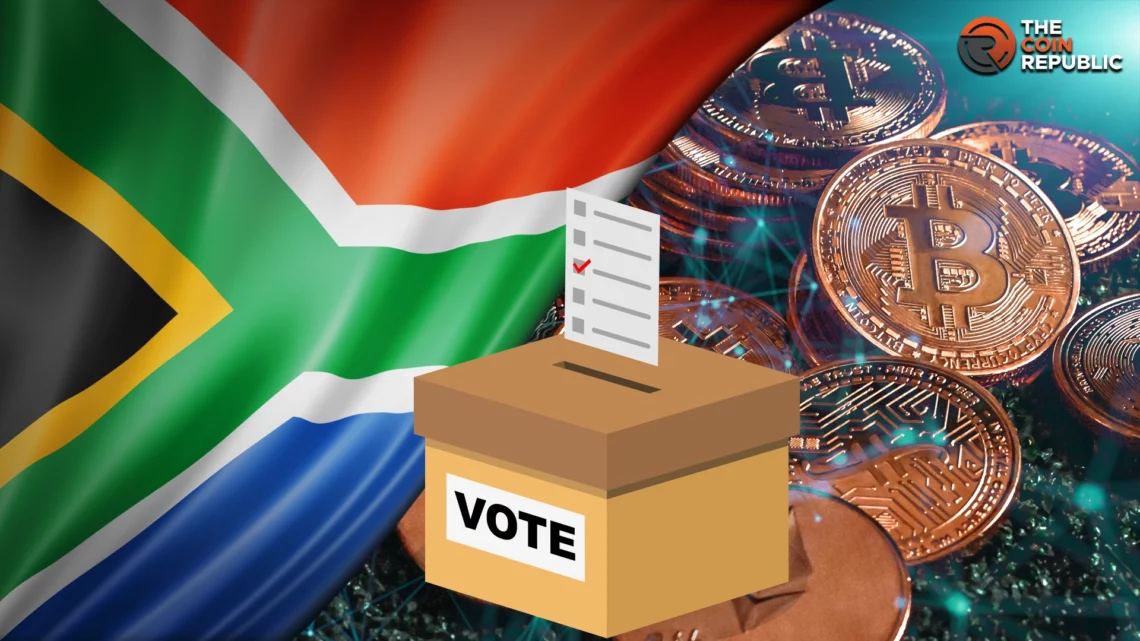The general elections in South Africa are scheduled for May 29, attracting the attention of crypto observers because of its licensing regime, which is expected to affect various firms.
Recently, South Africa has framed a licensing regime for crypto, with subsequent plans to release 60 licenses in the coming weeks. Crypto community members do not believe that these political movements will impact the country’s plans for the digital asset sector.
Crypto In South Africa
The Financial Sector Conduct Authority (FSCA) recently built a licensing regime for crypto, making it one of the first African countries to build one. The regulator is planning to issue sixty licenses to crypto firms under the current regime. So far, the license has been awarded to a few crypto firms, namely Luno, Zignaly and VALR.
South Africa brought crypto providers into the scope of its Financial Advisory and Intermediary Services Act in 2022 so it could regulate digital assets as financial products.
Maurice Crespi, a partner at South Africa-based law firm Schindlers Attorneys, said in a statement, “This signals a forward-thinking approach to regulating the crypto space, aligning with global trends and acknowledging the growing significance of blockchain technology in modern finance.”
Upcoming Presidential Elections
The South African presidential elections are scheduled for May 29. The African National Congress is currently ruling in the country, and this party has been dominating the country for the last 30 years.
However, the majority is now challenging the party. Because of this, the ANC might need to create a coalition that could include its opposition party, the Democratic Alliance, and the far-left Economic Freedom Fighters party.
What The Elections Mean For Crypto
CEO of Nuud Money, a crypto wallet provider based in South Africa, Mpumelelo Ndamane, strongly believes that politics will not interfere with the country’s crypto policies.
He said in a statement, “We’ve been pretty stable over the past 30 years when it comes to ensuring the [South African Reserve Bank] and FSCA are independent of politics,” and “It won’t affect the crypto policy.”
South Africa’s National Treasury has recently indicated that the nation’s Intergovernmental Fintech Working Group is going to find and identify use cases for stablecoins and it will also consider a policy and response this year to make future changes.
This group will also observe the impact of tokenization on the domestic markets. It further plans to publish a discussion paper that will outline the regulatory implications of tokenization and blockchain-based financial market infrastructure by the end of this year. Tokenization is the digital representation of real-world assets on a selected blockchain.
John McCarthy, General Counsel for global regulatory affairs at Fireblocks, said in an interview, “I think that in South Africa, in particular, the work that has been done on digital assets has been to address problems that in many respects are apolitical, and the approach they’ve taken has been apolitical as well.”
He added, “It’s also been through an intergovernmental working body, much of which is inherently apolitical.”
Steve Anderson is an Australian crypto enthusiast. He is a specialist in management and trading for over 5 years. Steve has worked as a crypto trader, he loves learning about decentralisation, understanding the true potential of the blockchain.


 Home
Home News
News







